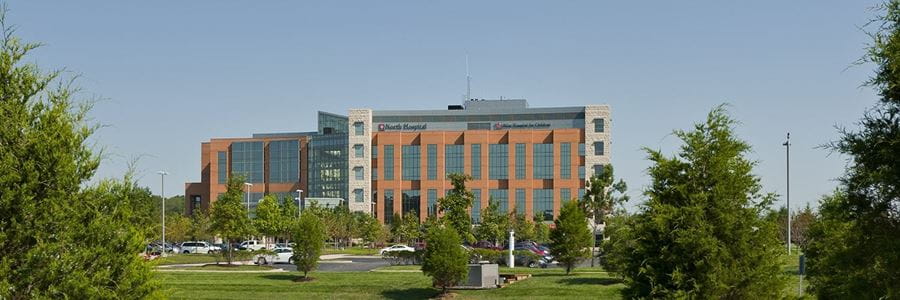By Christine Drury
Indiana University School of Medicine and Indiana University Health have teamed up to collect biosamples, currently in the form of blood samples, needed to perform leading-edge precision health research. Genetics is at the heart of the IU Grand Challenge Precision Health Initiative and blood samples allow IU scientists to extract, record and analyze the necessary genetic information to discover new treatments, cures and preventions precisely targeted to the individual patient being treated.
A pilot will begin in October at IU Health North Hospital and last approximately one month. Although data collected from the blood samples will be linked to the patient’s electronic medical record, all personal information will be de-identified. The genetic results will not be able to be linked to any specific patient and will not impact the patient’s care decisions or health insurance.
Sample collection
Through the pilot, a dedicated staff member will be in the lab asking IU Health patients who are already there for a blood draw to consider donating an additional vial of blood for research purposes. A similar approach was piloted at IU Health West Hospital earlier this year, with an impressive 57 percent of the patients approached agreeing to participate.
“We continue to make biosampling easier and more convenient for our patient donors. This work puts IU School of Medicine and IU Health on the forefront of enabling precision health, a major direction in the future of health care. Medicine can no longer be a one-size-fits model, and the implications for advancing our ability to better understand, treat and cure disease can’t be overstated,” said Jonathan Gottlieb, MD, executive vice president and chief medical officer for IU Health.
The pilot also introduces the concept of universal consent, which allows a patient to agree to donate a blood sample at a future date, and the sample can be used for any number of research projects ongoing throughout IU. Trackers are being put in place to measure the number of patients who actually return to donate an extra blood sample.
New patient-friendly approaches to biosample donation are also being piloted which include moving from a paper-based consent form to electronic consent and reducing the number of pages of the consent form from seven to two.
“I want to thank all IU Health patients in advance for their belief in and dedication to our precision health research. Their willingness to participate in these pilots and beyond helps spare future patients from suffering the diseases we are focused on treating today,” said Anantha Shekhar, MD, PhD, IU School of Medicine executive associate dean for research affairs.
